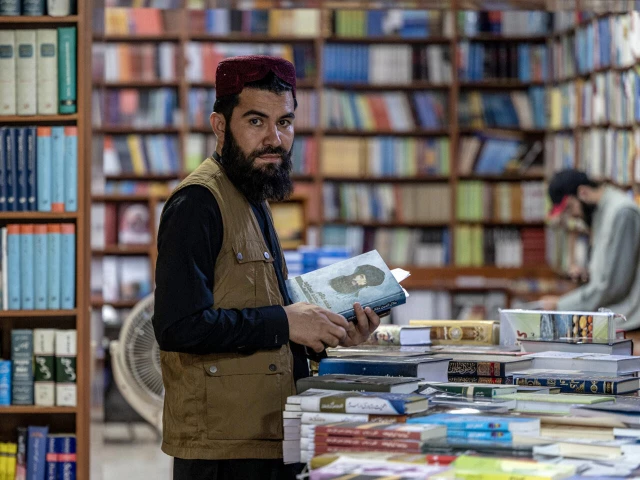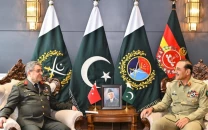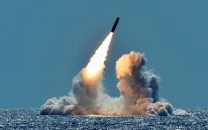Taliban hang up Kalashnikovs to pen memoirs of Afghan war
Little attention is paid in either book to the thousands of civilians killed in Taliban attacks

Since trading the battlefield for Afghanistan's halls of power, some Taliban members have also swapped their weapons for pens to tell their version of the 20-year conflict with Western forces, who they accuse of distorting "reality".
A flood of books has been written, mostly from a Western perspective, about the war between the US-led forces that invaded Afghanistan in the wake of the September 11 attacks until the Taliban's return to power in 2021.
But in the years since, a proliferation of writings by Taliban figures — praising their exploits and the achievements of the "Islamic Emirate" — is now the reigning narrative in Afghanistan.
"No matter what foreigners have written... they have largely ignored the reality of what happened to us and why we were forced to fight," author Khalid Zadran told AFP.
A member of the Haqqani network — long viewed as one of the most dangerous militant factions in Afghanistan — he now serves as the spokesman for the capital's police force.
In his 600-page tome in Pashto published in April, he recounts US incursions in his home province of Khost, his childhood steeped in stories of soldiers' "atrocities", and his desire to join the Taliban in the name of his country's "freedom".
"I witnessed horrific stories every day — mangled bodies on the roadside," he writes in "15 Minutes", a title inspired by a US drone strike he narrowly escaped.
Muhajer Farahi, now a deputy information and culture minister, penned his "Memories of Jihad: 20 Years in Occupation" to "state the facts", he said.
"America, contrary to its claims, has committed cruel and barbaric acts, destroyed our country with bombs, destroyed infrastructure, and has sown discord and cynicism between nations and tribes," he told AFP from his office in central Kabul.
Little attention is paid in either book to the thousands of civilians killed in Taliban attacks — many of them suicide bombings that entrenched fear across the country for nearly two decades. Farahi insists the Taliban "were cautious in saving civilians and innocent" lives, while criticising fellow Afghans who collaborated with the pro-Western police as a "stain" on the country.



















COMMENTS
Comments are moderated and generally will be posted if they are on-topic and not abusive.
For more information, please see our Comments FAQ